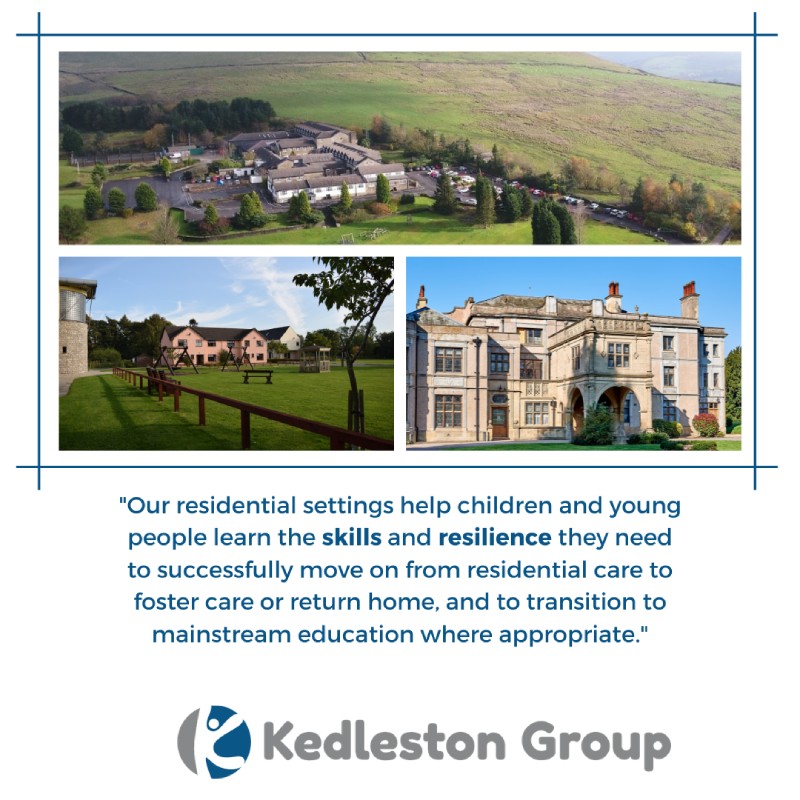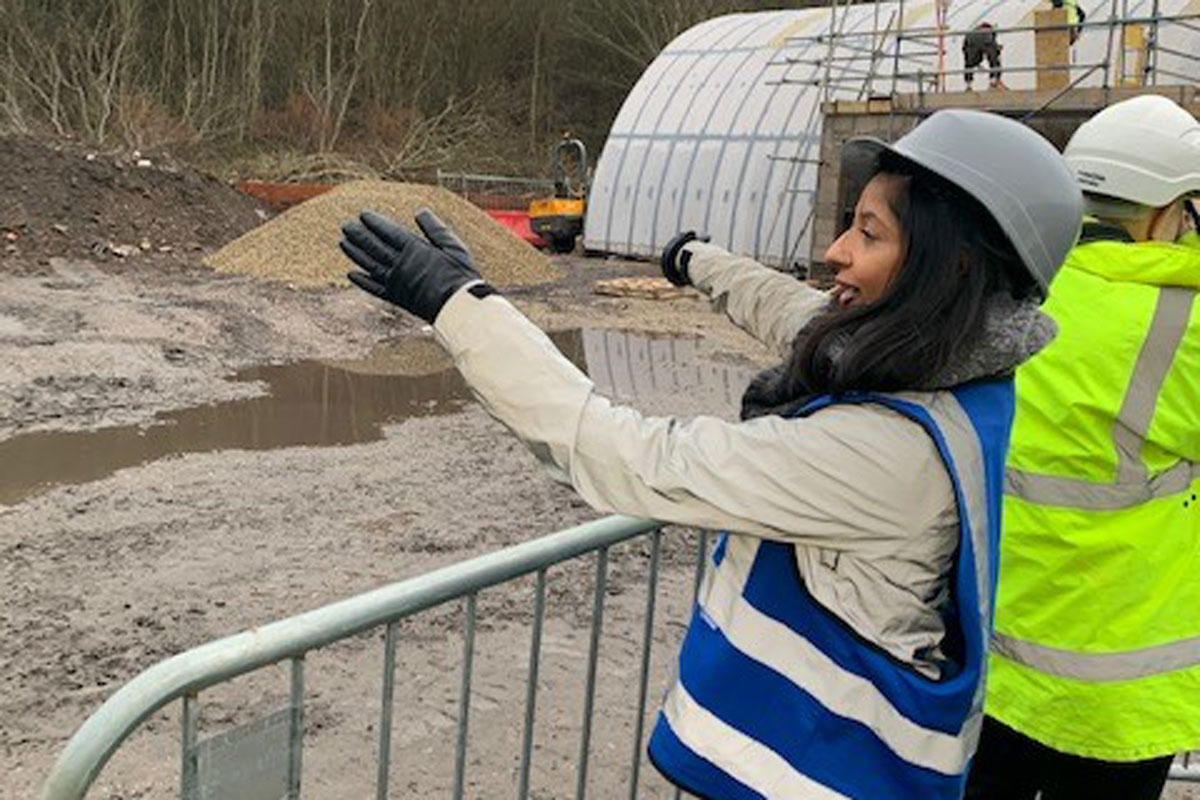The Benefits of a Kedleston Residential Setting

All children are different and all have different needs. The same applies to looked-after children. There is no “one-size” fits all solution for their care. Some children benefit from being part of a small, family-style residential children’s home while others simply don’t and a residential school combining care and education is best for them. Why is that? Gillian Miele, Kedleston Group’s Head of Social Care, explains.
“Sometimes a looked-after child can struggle in a smaller residential care environment because that “family” environment is just too intense for them. They may struggle to get along with their peers, and in a small environment that can be really challenging for them.
“For some children, being in a broader care environment such as a residential school – either on a 52-week or 38-week basis – can be the best choice. Many children really thrive in these sorts of environments where their care and education teams work closely together to ensure their needs and fully and holistically understood, and therefore more easily met.
“Our residential schools are still, of course, relatively-speaking, small. At Kedleston, we typically have fewer than 45 children on roll. Our residential schools all have extensive space, with a clear delineation between where the children and young people are at home, supported by their care team, and school. Each home has fewer than six children living together, but have many opportunities to mix and socialise with friends from other houses.

“Our aim at Kedleston is to, wherever it is appropriate, help the child move on as quickly as possible, whether that is to foster care or to return home. Residential settings can help this happen because, as well as care and education working hand-in-glove to address the emotional, behavioural, social and developmental needs of a child, the on-site clinical and therapeutic teams also work with the young person to ensure their needs are met and addressed and can respond quickly to any challenges or difficulties the child may be experiencing.
“Having a wider peer group to engage with, or simply having more space to be by themselves if they want to, are also advantages of children attending a residential school. It’s simply less intense than a smaller setting. There are options too. With several different houses on site, if things aren’t going so well in a home for a young person, there can be solutions which can be explored that don’t mean a placement has to end prematurely.
“That’s really reassuring for a young person – to know they have choices and that if things start to wobble for them, it doesn’t mean they’ll have to leave. They know that if they fall out with a friend, and let’s face it, children do fall out, then it’s ok. There are others they can spend time with. It takes that intensity out of the situation for them.
“At all of our residential schools, the young people are encouraged to attend the on-site school every day and to maintain their learning. With school being on site, the vast majority engage really well. It can be more difficult to do that in a smaller, community-based home sometimes.
“With a larger school, there are increased opportunities for individual or group activities both at the school and in the local community. Being with a larger group of children and young people of a wider age range means they’re also learning vital skills for living; how to co-operate, negotiate and compromise, for example. They learn how to be appropriate, they learn social skills. They learn there are other people who may have experienced what they have. There’s empathy and understanding.
“Being with other children can also be really motivating and encouraging. Younger children are spurred on by the success of the older ones and the older ones really benefit from acting as mentors for the younger children.
“Another benefit to residential school settings is that children get a real sense of community. They are living in a small community – within a wider community – and it does teach them to think of others, to support others, and gives them a strong sense of belonging. That supports their self-esteem and confidence as well as their progress.
“It really is one of the key things that makes our residential schools so successful in helping children achieve good outcomes. Foster care and small settings can sometimes feel to children like the local authority are trying to replace “their family” which can, for those children, act as a barrier to progress. With the residential schools that barrier isn’t there from the start; it remains a homely and nurturing environment. It’s not a small family, it’s a community.
“All of this combines to help children and young people learn the skills and resilience they need to successfully move on from residential care to foster care or return home, and to transition to mainstream education where appropriate.
“While for some children, smaller residential children’s homes are the perfect choice to meet their needs, others do benefit from the larger, residential school environment.”
This article is available and can be accessed in Spanish here.









